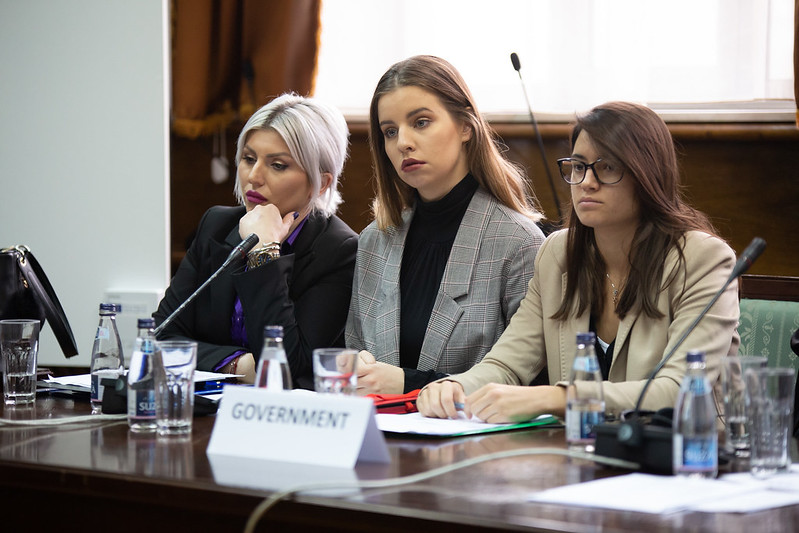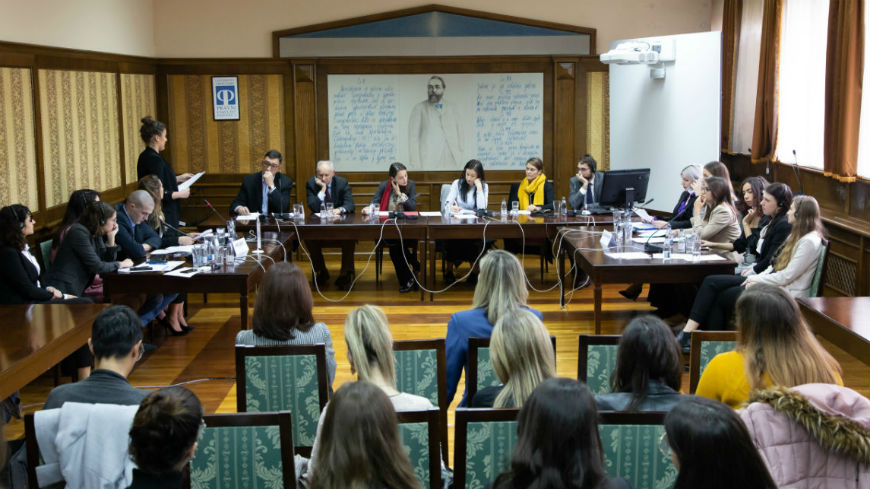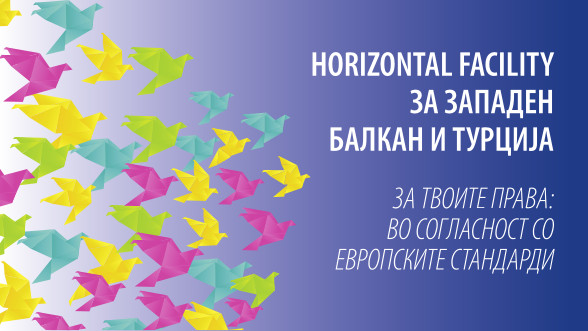On the occasion of the International Human Rights Day, at the Faculty of Law of the University of Montenegro, a simulation of the Strasbourg trial was held in which students of law faculties of all Montenegrin universities took part in this simulation along with the students of the University of Strasbourg, in order to show their knowledge and skills in the simulation of the court trial at the European Court of Human Rights. The competition was a realistic simulation, based on issues concerning human rights and basic freedoms.
In English, they have successfully played the roles of all parties that meet the Strasbourg court. Thus, the arguments were made by the representatives of the applicant, as well as representatives of the state against which the alleged human rights violation proceedings were initiated. This student trial was followed by a jury, and it ended exactly the same way that every trial in Strasbourg ends - the pronouncement of the verdict.
The importance of a full understanding of the way in which the protection of human rights was exercised before the domestic and court in Strasbourg was stressed out by Mladenka Tešić, Programme Manager in the European Union Delegation to Montenegro, dr Ljiljana Jovanović from the Faculty of Law and Ivona Dragutinović, Project co-ordinator "HFII: Improved procedural safeguards in judicial proceedings in Montenegro", Council of Europe Programme Office in Podgorica.
“In recent years, we have witnessed that young people are leading some movements for change. Youth participation is a prerequisite for ensuring sustainable development for all, and their empowerment is necessary in order to better know their rights and fight for their realisation. This action is only part of a larger regional programme to be implemented in the Western Balkans over the next three years. The backbone of this regional programme is to support the advancement of the rule of law, human rights and the fight against corruption, all with the aim of supporting the interim benchmarks in the negotiation process for Chapter 23 - Judiciary and Fundamental Rights“, emphasised Mladenka Tešić.
Ljiljana Jovanović said: “With the implementation of the Convention, the European Court of Human Rights in Strasbourg has built a modern case law, which today constitutes the baseline for respect and protection of human rights in the European area. The judgments of the European Court of Human Rights require states to promote respect for human rights, thus continuously humanising the community and creating better conditions for the development of the state and the individual." She particularly emphasised the importance of acquiring knowledge about human rights and its implementation in all social structures: “This creates conditions for the respect of human rights and freedoms to become a cultural pattern of behaviour for all of us, as a condition of mutual understanding, tolerance and the foundation of a just, democratic society. The power of human rights education is to encourage the creation of common standards of mutual respect, regardless of individual differences”, concluded Ms Jovanović.
This activity has been organised within the joint programme of the European Union and Council of Europe - “Horizontal Facility for the Western Balkans and Turkey 2019-2022” and its Action “Improved procedural safeguards in judicial proceedings in Montenegro”, that is supported/ implemented by the Faculty of Law of University of Montenegro, Protector of Human Rights and Freedoms of Montenegro, Civic Alliance and Association „Plaider les droits de l’homme“.



